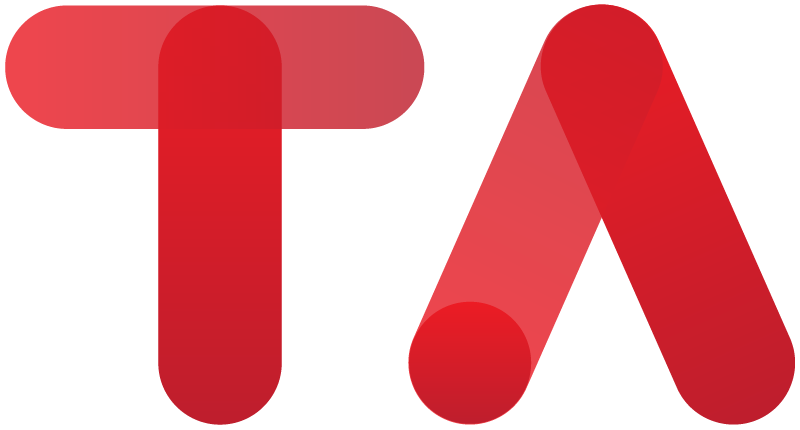Accounting vs. Bookkeeping: What Every Entrepreneur Should Know
- Target Accounting
- Apr 23, 2024
- 4 min read
Finances are the lifeblood of any business, and an entrepreneur who doesn’t have a clear grasp of their business’ cash flow and expenses is at great risk of incurring losses that can blindside them later. No matter which industry they operate in and how big their company is, every business owner should keep track of its financial transactions and understand how its resources circulate.
Well-kept financial records will be easy for entrepreneurs to refer to if they need to make any big financial decisions in the foreseeable future. If you own a small business in New Zealand, you can enlist the help of bookkeepers and accountants Dunedin businesses and other NZ-based companies trust.

At first glance, you might think that these two roles are interchangeable. However, both actually have quite different roles to fulfil in your business operations. Here’s a quick overview of what you should know as an entrepreneur regarding the matters of accounting and bookkeeping:
Key Differences between Accounting and Bookkeeping
To put it simply, bookkeeping pertains to recording the day-to-day transactions of a business, while accounting is concerned with the bigger financial picture. If your business happens to be a grocery shop, for example, then your bookkeeper would be concerned with the sales you made for the day and your expenses. Knowledge of those things would facilitate your bookkeeper’s operations that day. Meanwhile, your accountant should be tasked with looking over the shop’s financial reports to gauge whether your business remains profitable and what can be done to improve its financial prospects.
Another key difference between the two is their qualifications. In addition to being extremely organised and detail-oriented given the nature of their job, bookkeepers are mostly encouraged to obtain bookkeeping qualifications or to join bookkeeping organisations to increase their credibility. Meanwhile, there are more specific certifications for accountants in NZ, such as that of a Chartered Accountant (CA) or a Certified Practising Accountant (CPA). You should do your best to look for one who has the proper certifications so that you can be confident that your money matters are in capable hands.
Despite their differences, accountants and bookkeepers work closely together. Bookkeepers are tasked to be thorough with keeping track of any form of cash flow, and accountants will likewise need complete bookkeeping records to ensure they have an accurate idea of whether the business’s operations are financially sound or not.

The Key Responsibilities of Accountants and Bookkeepers
Let’s also break down further what the responsibilities of bookkeepers and accountants are. In bookkeeping, the main task is to ensure daily financial transactions are recorded accurately. This includes keeping track of receipts issued, invoices sent, and bills paid on behalf of the business. A bookkeeper may also be tasked to manage staff payroll.
Bookkeepers often keep general ledgers for their records, although nowadays, there are various online bookkeeping solutions available should the business opt for a digital route.
Accountants are mainly tasked with analysis work. Upon reviewing the records dutifully kept by the bookkeeper, an accountant will be able to evaluate and offer advice regarding the financial health of your business. This can be invaluable if your business is on the cusp of making important financial decisions; after all, you need to check first if your finances are solid enough to handle any changes that you may want to implement.
An accounting company also offers taxation services to help you comply with government requirements. This includes filing Inland Revenue Department (IRD) returns, goods and services tax (GST), income tax, and more.
The Benefits of Hiring Both an Accountant and Bookkeeper for Your Business
As an entrepreneur, you might be thinking: “which one do I need, a bookkeeper or an accountant?” The answer is that you likely need both, especially if your business growth is on the uptick. It would be a huge oversight to not keep a record of every transaction completed each day, and hiring a dedicated bookkeeper would likely be better than you doing it yourself.
Likewise, an accountant would have in-depth expertise on how to improve your business’s financial health. As an entrepreneur, it’s easy to get caught up with daily operations and miss the big picture. This is where your accountant will come in. They can glean data from your bookkeeper’s records that you otherwise would’ve missed or not thought of as important, and they’ll be able to prepare detailed business forecasts that can open up new opportunities for you. Your accountant can also discuss current business trends with you and give you insights as to how these can influence the financial growth of your current venture.
Preparing for the Future
Both bookkeeping and accounting practices have evolved because of technology, so it’s also in your best interest to hire a bookkeeper or accountant who’s knowledgeable about the latest solutions in the financial industry. This can help streamline them, streamline the recording process and allow for easier perusal of data since digitised copies would be readily available to you. The most popular solutions currently being used are QuickBooks and Xero.
The team at Target Accounting understands that you only want the best for your business. Our services will help you ensure that your business’s financial outlook remains positive. Contact Target Accounting today for an accounting approach that will always be on the mark.




